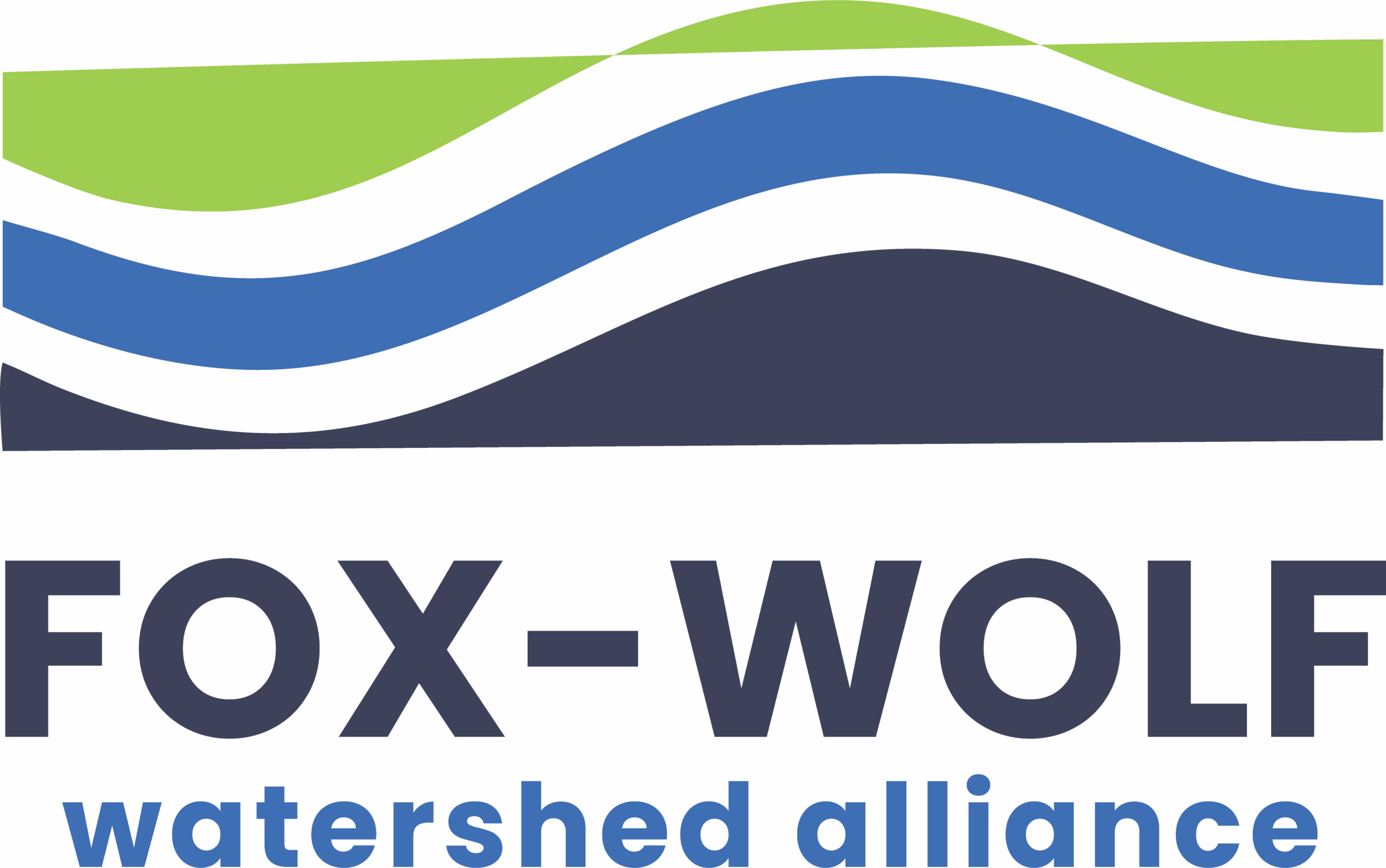
What is the Continuous Cover System?
The Continuous Cover System is combination of no-till, cover crops, and optionally LDMA used throughout the year to keep soil continuously covered. These practices are done consecutively over 2 years, on the same acres, in the same fields for the purposes of the cost share program.
Enrolled producers will also have access to technical agronomic assistance. Dedicated staff will be available to give producers the assistance they need, how they need it, when they need it. Producers will have agronomic planning meetings with County Land Conservation Climate Smart staff twice a year, once in summer and one in winter.
Producers also participate in Conservation Planning through the Farm Progress Report. The Farm Progress Report uses farm-specific SnapPlus and COMET data to show a specific farm’s impact on water quality.
Cost Share & Incentive Rates

Enrollment
Ready to start farming Climate Smart? To begin enrollment, review the Continuous Cover System program requirements. When you are ready to enroll, complete and submit the required application documents. Simply download, fill out, and scan and email or mail to Fox-Wolf. Fox-Wolf Watershed Alliance will respond within 2 weeks upon receipt of application. Timeline is dependent upon verifying eligibility through USDA-FSA.
Step 1: Review Practice Requirements and Eligibility
Before filling out the required enrollment paperwork, please review the Continuous Cover System program requirements and eligibility to determine if you qualify.
Program requirements and eligibility can be found in the Requirements and Eligibility document. If you have questions regarding eligibility, contact your County Land Conservation Department Climate Smart staff.
Step 2: Download and Fill Out Documents
To begin enrollment, download and fill out the Producer Application packet. To download, click the image and follow the download instructions prompted by your browser.
All documents may be filled out online or by hand. Either way you decide to complete the application, the documents must be signed and dated by hand or as an encrypted digital signature.
Practice Requirements
Cover Crop Requirements
- Cover crops must be no-till planted.
- Field rotation must be annual crops for the two years of the contract.
- Crops grown as commodities will not be considered cover crops.
- Wheat grown as a commodity does not qualify as a cover crop but is eligible for a one-time no-till payment.
- Cover crops may be harvested as forage before termination.
- Managed grazing of cover crops must receive prior approval by Climate Smart staff.
- Cover crop mixes must include at least 1 over-wintering species at a pre-approved rate.
- Cover crop planting timing and rates will follow page 12 of NRCS Tech Note 7.
- Any deviations to timing and rates must be pre-approved.
- Cover crop establishment requires a minimum of 8 live plants per square foot representing all species planted by freeze up or Dec. 1st.
Tillage Requirements
- No-till allows only in-row soil disturbance during the contract period.
- Removing residue from directly within the row (i.e. strip-till or row cleaners) is acceptable but may only be done at the time of spring planting.
- Vertical tillage may not be used.
Planning & Additional Requirements
- Participation in semi-annual (winter and summer) planning meetings with County Land Conservation Climate Smart staff to prepare for upcoming conservation work
- Provide an accurate and complete whole farm SnapPlus database to Fox-Wolf Watershed Alliance to generate a Farm Progress Report. Participate in a minimum of one Farm Progress Report meeting.
- Work with Climate Smart staff to ensure proper documentation of implemented practices is complete, providing the following information: Crop and cover crop species, population, planting dates, planting method, cover crop termination ad management method, and historical information on cropping and conservation practices.
- Install Project Signage at the field’s edge closest to the road on at least one enrolled field.
Contact Information
Dedicated County Land Conservation Climate Smart staff are located in 8 counties throughout the Fox-Wolf Basin. Contact the staff person in the county nearest to you to determine program eligibility and to begin enrollment.
Brown County
Brent Levash
(920) 391-4620
┃brent.levash@browncountywi.gov
Calumet County
Autumn Gomez-Tagle
(920) 849-1493
┃autumn.gomeztagle@calumetcounty.org
Fond du Lac County
Justin Loehrke
(920) 414-0096
┃justin.loehrke@fdlco.wi.gov
Outagamie County
Austin Headlee
(920) 832-5073
┃austin.headlee@outagamie.org
Shawano County
Bill Koepke
(715) 526-4620
┃bill.koepke@shawanocountywi.gov
Waupaca County
Stefan Stults
(715) 258-6245
┃stefan.stults@co.waupaca.wi.us
Waushara County
Kaylee Overby
(920) 787-0443
┃kaylee.overby@wausharacountywi.gov
Winnebago County
Eric Bertram
(920) 232-1958
┃ebertram@winnebagocountywi.gov
Have a question?
Need help enrolling? Maybe a question about eligibility? Confused about program requirements?
Fill out the Contact Us form and we will get back to you as soon as we can!


